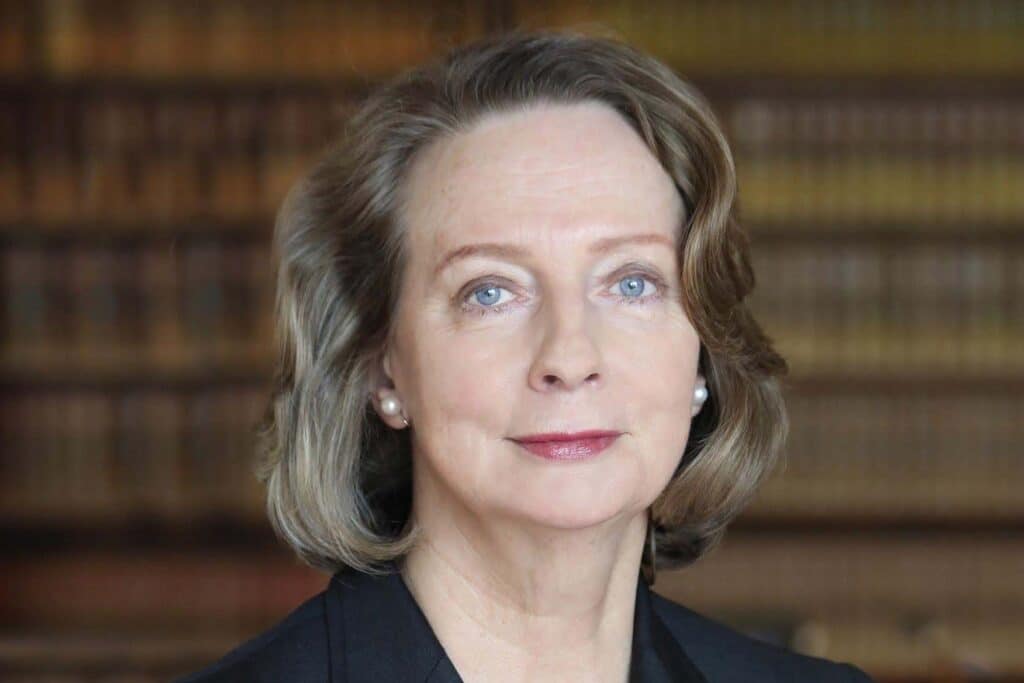The first female chief justice Susan Kiefel steps down from the High Court of Australia today in Canberra, marking the end of an era.
Appointed to the role in 2017, Kiefel is the first woman to sit in Australia’s highest judicial role in 113 years and has been, perhaps, the most powerful woman in Australia. She served a decade on the bench before becoming Chief Justice and was only the third woman to be sworn in as a High Court judge in over 100 years.
She’s steered the court through a global pandemic and allegations of sexual harassment against a former High Court judge with an approach that some have deemed “hard to label” due to her nuanced constitutional interpretations.
Following her announcement of early retirement in June, Prime Minister Anthony Albanese and Attorney-General Mark Dreyfus announced Justice Stephen Gageler as her replacement, marking the end of Australia’s first-ever female majority bench.
Australian Women Lawyers president Astrid Haban-Beer said Kiefel had hoped her success might have improved things for other women in the law but that she admits progress has been slow.
“The Chief Justice herself, when she was a barrister, appeared in the High Court many times and she was often the only woman there,” Haban-Beer said.
“She was surprised that the numbers of women, particularly senior women, appearing in the High Court had improved over the past 15 years, but hadn’t improved enough and that was disappointing.”
In one high-profile case, however, Kiefel largely contributed to change for women in the legal profession after several former judge’s associates came forward with sexual harassment allegations against former High Court justice Dyson Heydon.
It was an unexpected event, where lawyer Josh Bornstein, who represented three of the women, said “the court could have said this is not a matter for us. This is a matter for a legal claim or some other process.”
Instead, Chief Justice Kiefel set up an inquiry, which upheld the complaints of the women. She also apologised to the women and issued a public statement that said: “We are ashamed that this could have happened at the High Court of Australia.”
Kiefel’s response to the case “led to major changes in the legal profession,” said Bornstein.
“It produced new laws and produced new policies, and it produced a cultural revolution in the profession of the law.”

